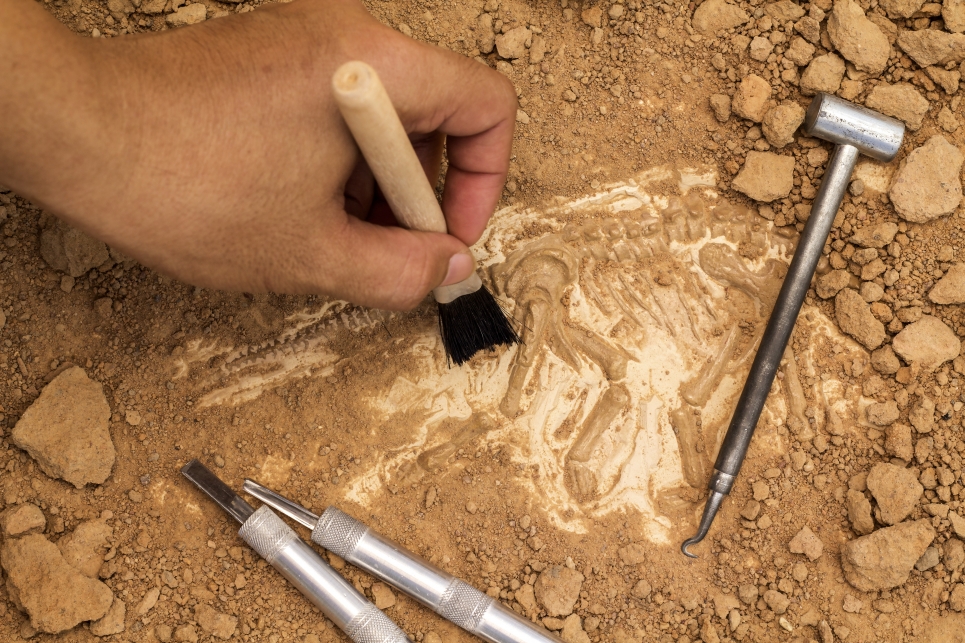
Principles of Open Government Data and Open Science in Archaeology: Big Data Lessons from the Digital Index of North American Archaeology (DINAA)
Abstract: American archaeology is largely conducted under cultural resources protection laws, but how does archaeology meet the challenge of openness as a public good and for science? Recent years have seen the development of the “open government” and “open science” digital information paradigms. These have resulted in various ethical expectations and legal requirements for public availability of data that underpin the functions of governance and research. Open government data provide a base for the interested public to offer expertise in aspects of necessary analyses, and to derive further public value from reuse of government data in novel ways. Paired with open science, the open government concept has affected the practice and communication of scientific data in regulatory regimes as far flung as climate science, health science, and archaeology, among many others. The Digital Index of North American Archaeology (DINAA) is a completely free, big data, open government data and open science project, centered at several public institutions, developing a novel linked-open data network of archaeological site primary data and related records across the internet. Archaeology’s disciplinary capacity to engage with the principles of openness will be addressed through DINAA’s interoperability assessments and experiments with open data.
Bio: Joshua Wells is an associate professor of anthropology and social informatics, and director of CERES, the Center for Excellence in Research and Scholarship, at Indiana University South Bend. He works on big data issues in heritage management and archaeological science, science-technology-society interactions, and affordances and limitations of technological strategies in evolving disciplines. He is a founder and co-PI of the Digital Index of North American Archaeology (DINAA). From 2010-2018 he chaired the Digital Data Interest Group for the Society for American Archaeology (SAA), and has led and participated in several SAA task forces on developments in archaeological informatics. He frequently reviews anthropological and technological grant proposals for numerous research agencies, including NSF and NEH. He has consulted on big data, open science and technology access with groups as small as county libraries and as large as the European Union.
FOR ADDITIONAL INFORMATION, PLEASE CONTACT KONSTANCE WESCOTT, wescott@anl.gov